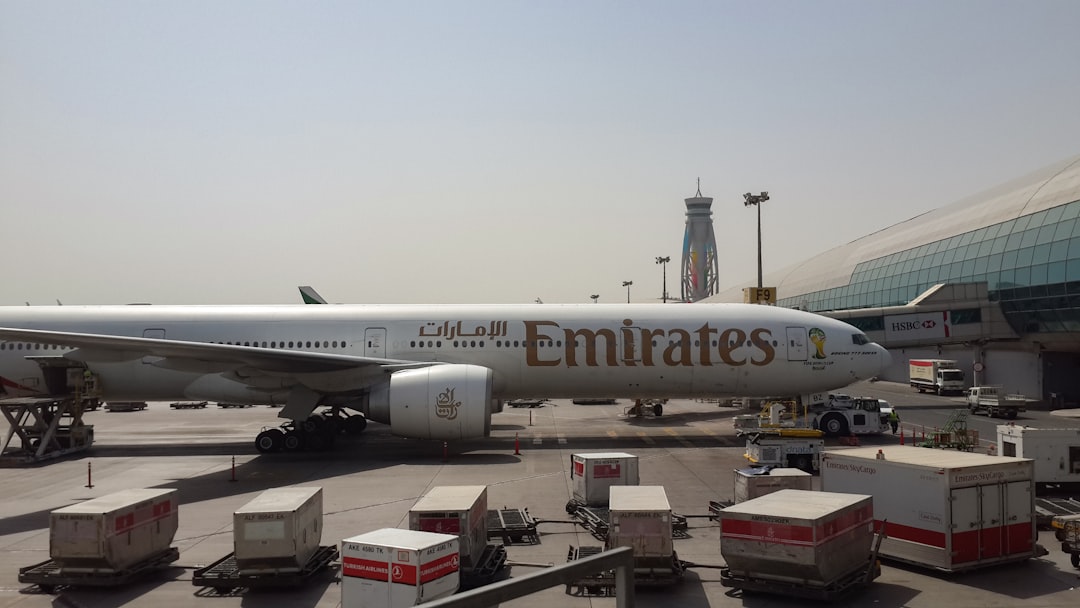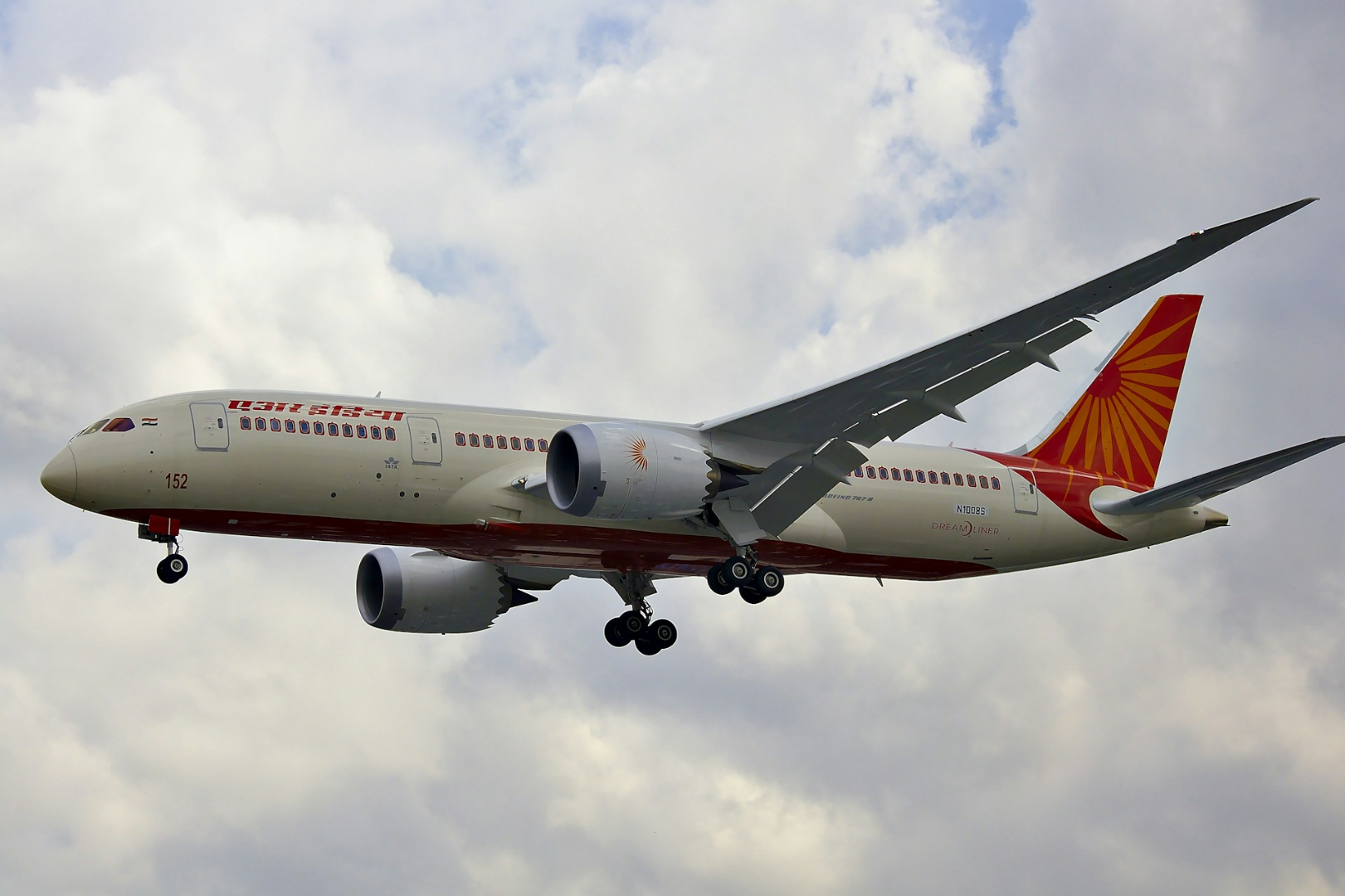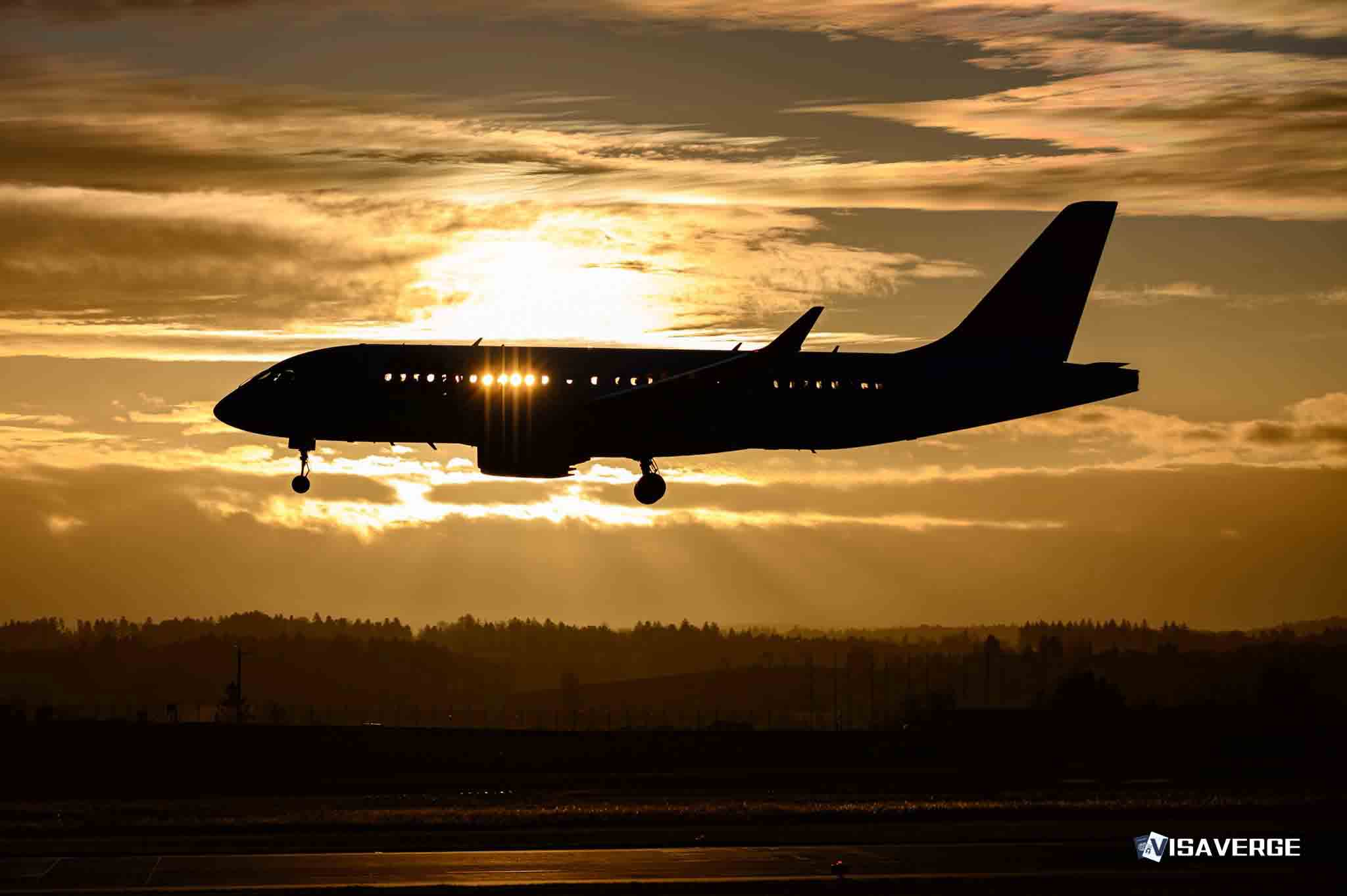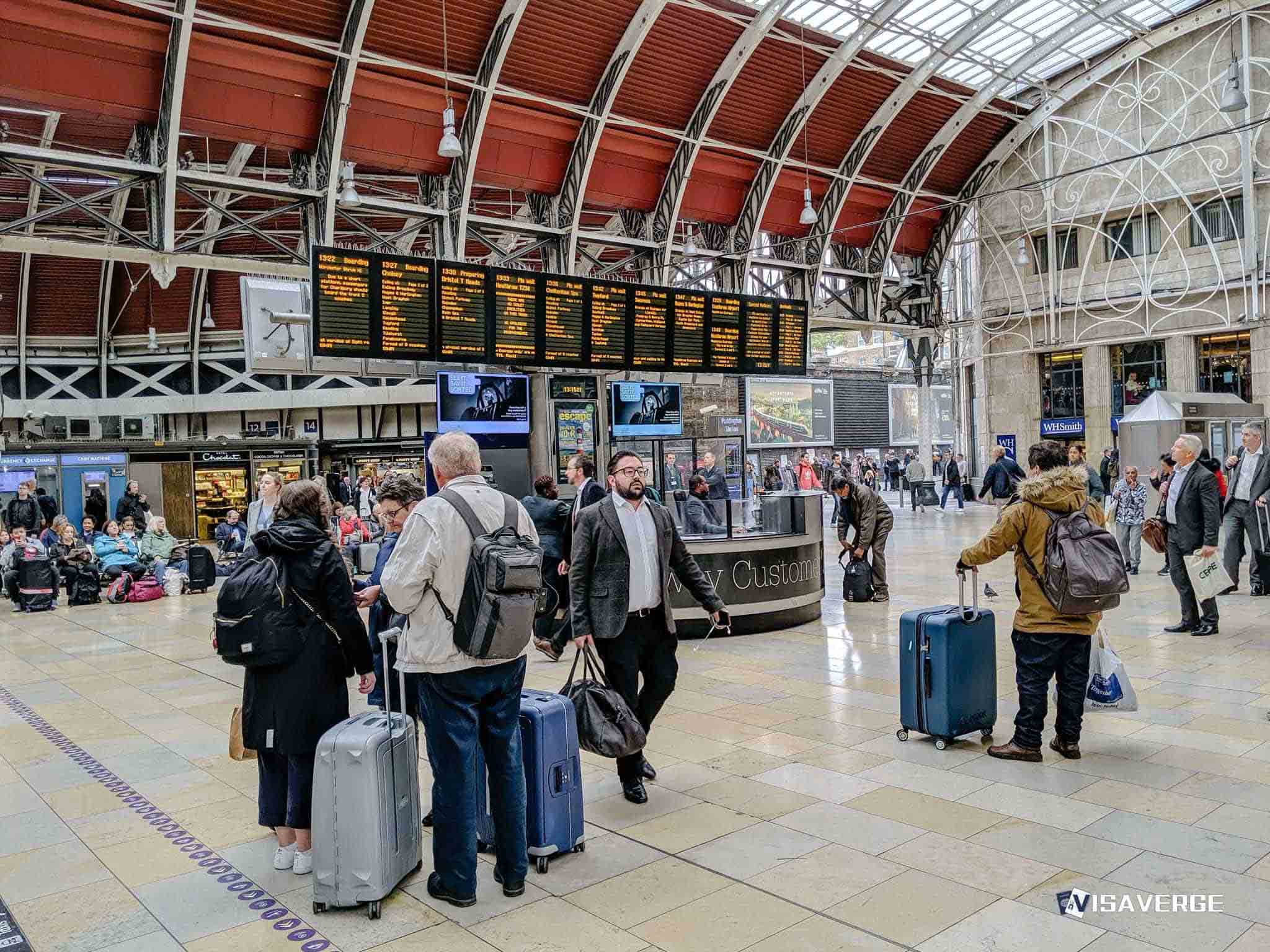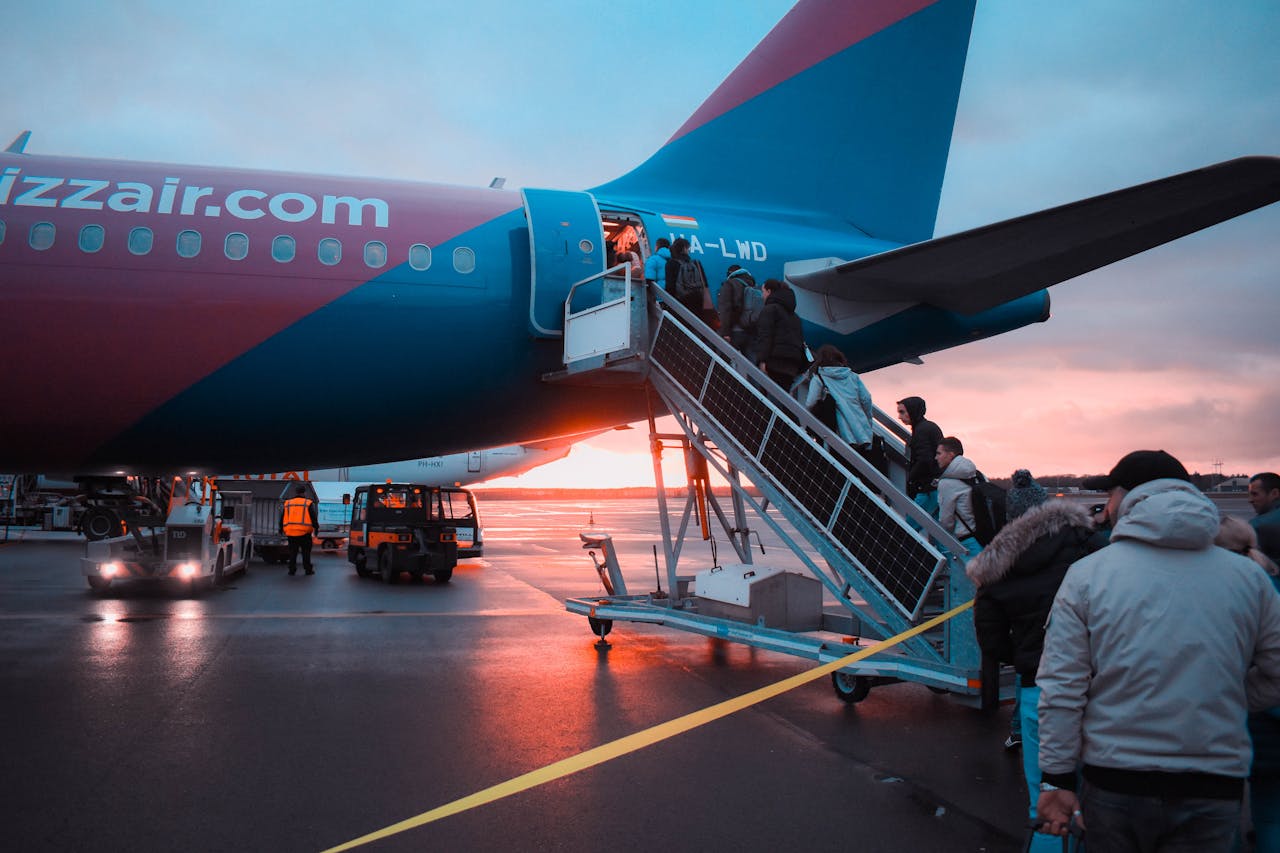Key Takeaways
• Nigeria joins West African nations in Single African Air Market to open skies and lower travel costs.
• Cape Verde partners with VINCI Airports for a 40-year airport modernization to boost capacity and sustainability.
• Drones and electric air taxis (eVTOLs) lead West African innovation in medical deliveries and urban mobility.
A new chapter has opened for air travel and economic connections across Africa as Nigeria and other West African Leaders join forces to reshape the future of the continent’s skies. In a move that promises to change not only how people and goods move, but also how countries work together, Nigeria, Ghana, Liberia, Sierra Leone, Guinea-Conakry, Cape Verde, and The Gambia have stepped up to lead changes under the Single African Air Market (SAAM) plan. This group is working to unlock new opportunities by connecting African cities and driving down costs, making travel easier and trade more robust for millions.
What is the Single African Air Market (SAAM)?
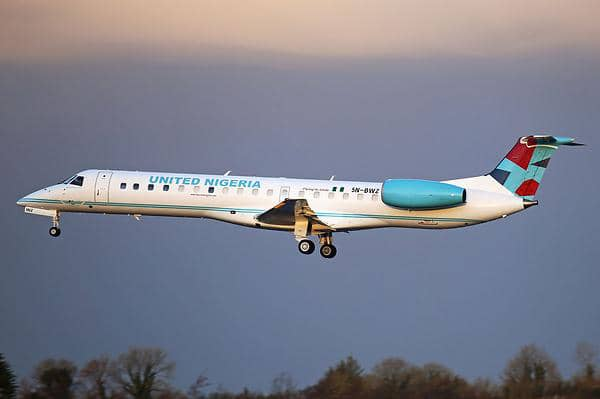
At the heart of this transformation sits the Single African Air Market, often shortened to SAAM. This plan aims to merge the airspaces of African countries—especially those in West Africa—so that planes can fly freely with fewer restrictions between member countries. SAAM’s main goals include:
- Lowering travel costs for everyone, whether they’re business travelers, tourists, or people visiting family
– Encouraging tourism and trade between African countries instead of just with countries outside Africa - Boosting economic growth by making it easier and cheaper to move both people and products across national lines
SAAM is not working alone. It matches the larger African Continental Free Trade Area (AfCFTA), which is Africa’s giant plan to make trading and investing across the continent more open and seamless. When countries make it easier for airlines and cargo planes to cross borders, it helps traders, workers, and even families.
Why Are Nigeria and Other West African Leaders Pushing This Now?
West Africa has long faced hurdles to smooth travel. Air fares have often been high, partly due to restrictions and lack of competition. Many travelers have to catch flights outside Africa—even to reach another African country nearby. That means wasted time and money. Nigeria, with its large population and strong economy, sits in a central spot. It stands to gain a lot by leading this change.
By joining forces, Nigeria and its neighbors can create a larger market that is more attractive to investors and more reliable for travelers. This move could bring in more airlines, especially low-cost carriers, offering cheaper flights and better routes right across the region.
Investing in Airport Infrastructure
None of these reforms will work if airports stay old or crowded. That’s why several West African countries are pouring money and effort into airport upgrades. One shining example is Cape Verde, which has signed a 40-year deal with VINCI Airports. This means VINCI will help pay for and build up both international and local airports over the next four decades. The focus is:
- Modernizing airport facilities for smoother travel experiences
- Expanding capacity to handle more passengers and flights
- Promoting sustainability, like using renewable energy for airport operations
- Directly linking airport growth to the tourism industry, creating more jobs and attracting new visitors
The Gambia is following a similar path. Leaders there have closely studied Cape Verde’s model and want private investors to help fund and build new terminals in Banjul, its main city. Their aim is to turn The Gambia into a hub that connects travelers within West Africa and beyond. Upgraded airports not only make travel easier—they turn these countries into places where trade, business, and tourism can grow.
For information on how these investments fit into international regulations, you can visit the International Civil Aviation Organization’s West and Central African office, which provides official updates.
Embracing Aviation Technology: Drones and eVTOLs
But it’s not just about big jets and busy airports. West African Leaders are looking ahead to small aircraft, too. Both Nigeria and Ghana have become success stories in using drones for medical deliveries. Zipline, a company specializing in drone delivery, has shown that medical supplies like blood or vaccines can now reach remote villages in a fraction of the time. Lives are being saved, and the model is getting popular.
There’s also rising excitement about electric vertical take-off and landing aircraft, known as eVTOLs. These small planes or “air taxis” are electric. They don’t need big runways; they can land right in cities or hard-to-reach areas. The idea is to use them for short trips—within a city or to an outlying village—and fill gaps in local transport.
These high-tech changes were strong topics at recent West African aviation summits. Regulators from different countries are talking about setting up common rules for drones and eVTOLs, so companies can operate safely and easily from one country to the next. By moving quickly on new technology, Nigeria and its peers could lead Africa’s next phase of transport, not just follow the rest of the world.
Learning and Working Together
Major progress rarely comes alone. The bold steps by Nigeria, Ghana, Liberia, Sierra Leone, Guinea-Conakry, Cape Verde, and The Gambia show that sharing ideas is just as important as building new runways. Recent high-level meetings—especially between leaders from The Gambia and Cape Verde—have focused on sharing lessons about how to buy equipment, run airports, set up effective management teams, and even smooth out customs and trade logistics.
This includes tips on how to speed up the transport of goods used for building new facilities, like the shipment of basalt (a rock used in construction projects). By talking openly and pooling their experience, West African Leaders are showing ECOWAS states (the group of countries in West Africa) how teamwork can drive wider progress.
Big Opportunities: What Could Change
Hope is running high. Experts and officials are optimistic, and for good reason. The reforms brought by the Single African Air Market and related moves could drive:
- More investments from both inside and outside Africa, especially in aviation, tourism, and trade
- Cheaper flights as more low-cost airlines enter the market and compete for passengers
- Greater interconnection—more direct flights between African capitals that are now only linked through long, expensive detours
- Greener, more digital airports thanks to modern construction, renewable energy, and advanced digital systems
- Airports becoming job centers and trade gateways, bringing new business to cities and rural areas alike
As reported by VisaVerge.com, these steps could also make it much easier for Africans to move across the continent for work or study. With better flight connections and more airports matched to global standards, migration for jobs or family visits becomes cheaper and more reliable. This can help knit countries closer together, making Africa a stronger player in the global economy.
Where the Road Gets Bumpy: Key Challenges
Still, no big change is ever completely smooth. Several hurdles could block progress if West African Leaders do not overcome them together. Major concerns include:
- Patchwork regulations: Despite SAAM and regional talks, rules about who can fly where and how still vary a lot between countries. Airlines face confusing paperwork and delays when flying from Nigeria to Liberia or Sierra Leone, for example.
- Infrastructure gaps: While some airports are getting big upgrades, others—especially in poorer or more remote areas—remain outdated, with old runways or small terminals. These weak links hold back both travel and trade.
- Political uncertainty: Some member countries, like Sierra Leone, have been affected by political unrest in the past. Such instability scares away both tourists and investors, making it risky for airlines and builders to plan long-term.
- Safety: With new technology like drones and eVTOLs, safety rules must be clear and widely enforced. Otherwise, more flights and gadgets could mean more risk for passengers and people on the ground.
Efforts to fix these problems will need ongoing cooperation. Updating laws, inviting more investment, and making airports safer will not happen overnight.
The Future: Next Steps for Nigeria and West African Leaders
Moving forward, these countries plan several concrete steps. Updating and linking air travel regulations is at the top of the list. If a plane from Nigeria can pass just as smoothly through Guinea-Conakry as through Ghana, both passengers and companies will save time and money.
Governments are also working with international partners, including large airport operators and tech firms. By pooling money and know-how, public and private actors can upgrade more airports, train more staff, and roll out new technology faster.
Digital innovation will get special focus. Many airports plan to use smart systems for ticketing, security, and managing cargo. This could help cut down lines and lost bags—and make life easier for both workers and travelers.
Boosting Migration: Impact on People and Business
All these changes matter deeply for immigrants, cross-border traders, business people, and families across Africa. Better air links could mean:
- Quicker, cheaper trips for students heading to new colleges in neighboring countries
- More options for families to visit relatives living in a different country without crossing several borders by road
- More job opportunities, as companies can recruit talent from the region and workers can travel for work more easily
- Faster delivery of goods and personal belongings for people moving homes
- Stronger business ties, as cargo can move directly and on time
By simplifying air travel and border crossings, the Single African Air Market could support not only immigration and business travel but also help unite communities divided by colonial-era borders.
Drawing Inspiration and Setting Examples
West African Leaders seek to provide a blueprint for the rest of Africa. With Nigeria at the center and Cape Verde and The Gambia showing how public-private partnerships can work, the region is producing real-life examples that other countries can follow.
The joint moves by these countries also stand as a reply to longstanding criticism that African integration is too slow. By pooling resources and focusing on progress, they prove that even big obstacles like cost, regulation, and technology can be tackled step by step.
Conclusion: A Path Forward for Africa’s Skies
To sum up, Nigeria and its West African partners—Ghana, Liberia, Sierra Leone, Guinea-Conakry, Cape Verde, and The Gambia—are writing a new story for African aviation through the Single African Air Market. By linking regional air travel, investing in airports, supporting new technology, and sharing knowledge, these West African Leaders hope to set a higher standard not only for the region but for the entire continent. The work won’t be easy and hurdles remain, but with teamwork and careful planning, the skies above Africa look brighter than ever. These efforts hold the promise of more affordable, more connected, and safer travel—making life easier and opportunity greater for millions across Africa.
Learn Today
Single African Air Market (SAAM) → A plan merging African airspaces to allow airlines freer movement, reducing travel costs and restrictions within Africa.
AfCFTA (African Continental Free Trade Area) → A continent-wide trade agreement aiming to simplify trade and investment across African borders.
eVTOL (electric Vertical Take-Off and Landing aircraft) → Small, electric, vertical takeoff aircraft, often called air taxis, for short-distance flights without large runways.
VINCI Airports → A global airport operator partnering with Cape Verde to invest in and modernize airport infrastructure over forty years.
Zipline → A drone delivery company providing rapid medical supply transport to remote areas, notably in Nigeria and Ghana.
This Article in a Nutshell
Nigeria, Ghana, and other West African nations unite under the Single African Air Market for easier, cheaper air travel. Major airport investments, drones, and electric air taxis are reshaping regional mobility. These changes promise economic growth, safer migration, and stronger connections, with collaborative reforms transforming Africa’s aviation landscape and affecting millions’ futures.
— By VisaVerge.com
Read more:
• Southwest Airlines bans use of portable charging devices in bags
• Southwest Airlines to end bags fly free, will charge for checked baggage
• UK visa rules prevent Ellison Tsang from trial with West Ham
• Southwest Airlines Shocks Flyers With Assigned Seating
• Trump Drops $2.1 Million Southwest Airlines Lawsuit


